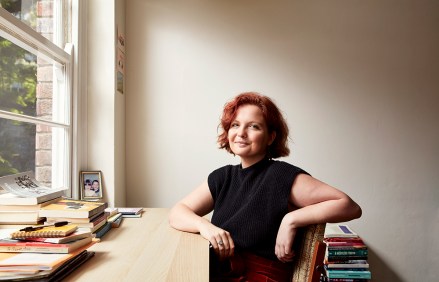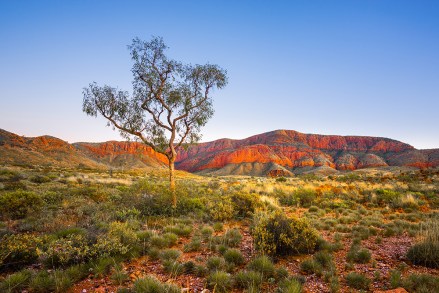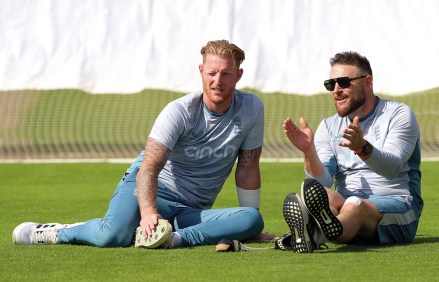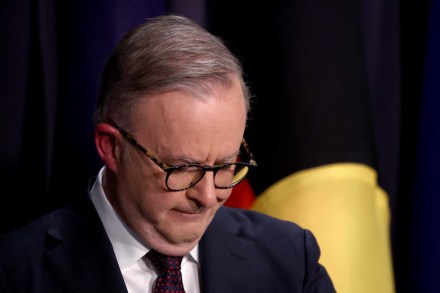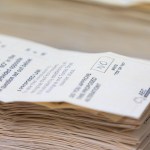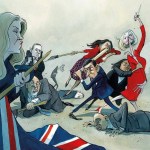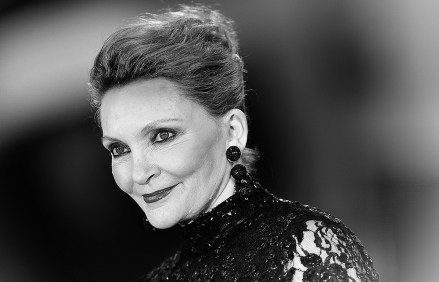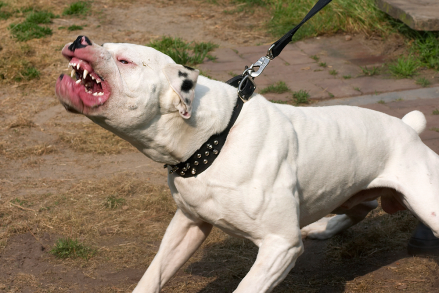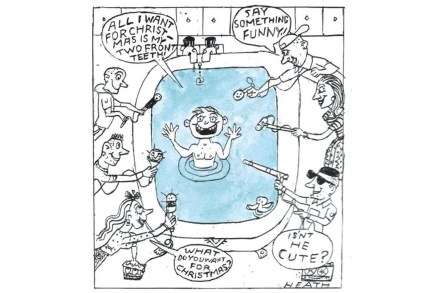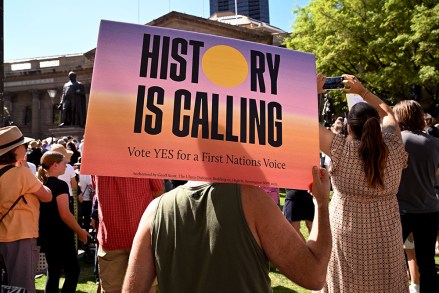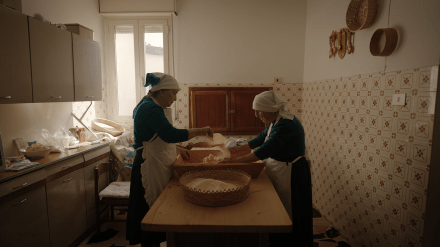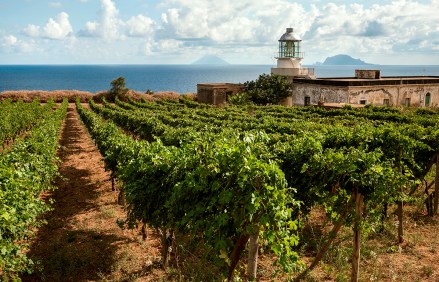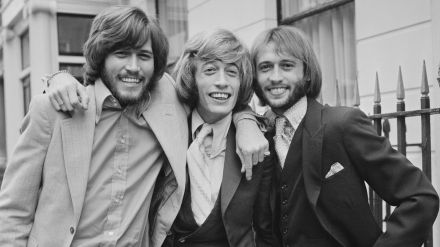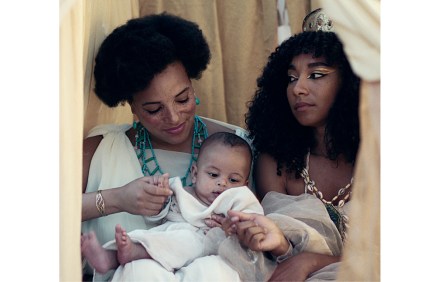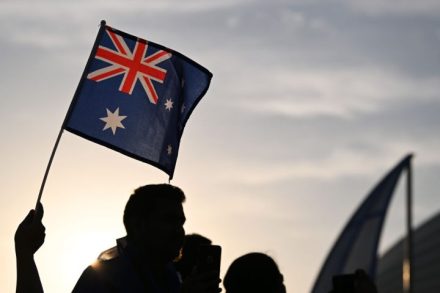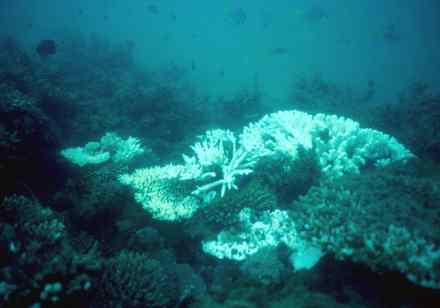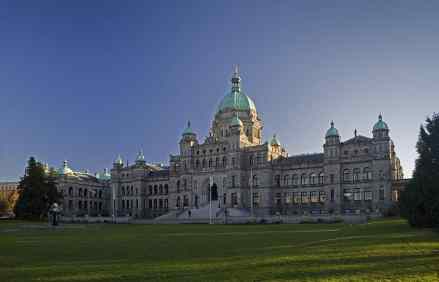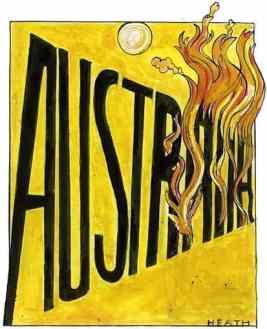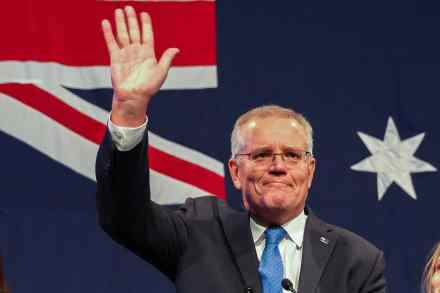The unimaginable tragedy of the Sydney stabbing attack
Bondi Junction, in Sydney’s affluent eastern suburbs, is well known to many British backpackers and tourists. Close to the city’s most famous beaches, it is where locals and visitors go to shop, enjoy the many cafes, or catch the train to town. The sprawling Westfield shopping complex there is a popular place. This Saturday afternoon, a pleasant autumn day, it was filled with shoppers, and people catching up with friends over coffee or just passing the time. None of them would have expected a rampage by a seemingly ordinary man, dressed in an Australian rugby league team jersey and shorts, wielding a knife. ‘He looked like a man on a



